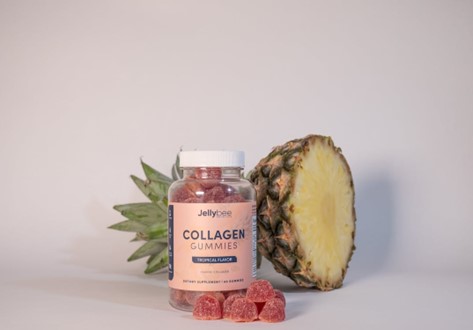The Shingles Threat: Battling Back with the Shingrix Vaccine
Shingles, a painful and potentially debilitating condition, is caused by the reactivation of the varicella-zoster virus—the same virus that causes chickenpox. Anyone who has had chickenpox is at risk of developing shingles later in life. However, there is a powerful weapon in the fight against shingles—the Shingrix vaccine. In this blog post, we will explore the threat posed by shingles and how the Shingrix vaccine can be a crucial ally in preventing and managing this condition.
Understanding Shingles:
Shingles typically manifests as a painful rash that appears on one side of the body, often accompanied by:
- burning
- tingling
- shooting
pain. The rash is composed of fluid-filled blisters that can break open and crust over. While shingles is not life-threatening, it can result in complications such as postherpetic neuralgia, a condition where pain persists even after the rash has healed.
The Risk Factors:
Various factors can increase the risk of developing shingles, including age, weakened immune system, and stress. Adults aged 50 and older are particularly susceptible, as the immune system’s ability to keep the virus in check tends to decline with age.
The Shingrix Vaccine:
In the battle against shingles, the Shingrix vaccine stands out as a highly effective preventive measure. Unlike its predecessor, Zostavax, Shingrix is a non-live, recombinant vaccine that stimulates a strong immune response. It is administered in two doses, with the second dose given 2 to 6 months after the first.
Why Shingrix?
- High Effectiveness: Clinical trials have shown that Shingrix is more than 90% effective in preventing shingles across all age groups.
- Long-lasting Protection: The vaccine provides protection for at least four years, and ongoing studies suggest that it may offer protection for much longer.
- Reduced Risk of Postherpetic Neuralgia: Shingrix not only reduces the risk of shingles but also lowers the likelihood of developing postherpetic neuralgia in those who do get shingles.
Getting Vaccinated:
Consulting with a healthcare professional is crucial to understanding whether the Shingrix vaccine is appropriate for you. Generally recommended for adults aged 50 and older, the vaccine may also be considered for certain individuals between the ages of 19 and 49 who are at increased risk.
To learn more, check out this summary from The Washington Post.
Shingles is a formidable threat, but with the Shingrix vaccine, individuals can take a proactive approach to protect themselves from this painful condition. It’s essential to stay informed, discuss vaccination options with healthcare providers, and take the necessary steps to safeguard one’s health. In the battle against shingles, the Shingrix vaccine is a powerful ally, offering a shield against the potential pain and complications associated with this viral infection.
Experience optimal health and fortify your immune system with cutting-edge supplements such as the Immune Senescence Protection Formula, crafted by the renowned Asher Longevity Institute. Harness the power of this exceptional formula to combat sickness effectively and safeguard against immune senescence, ensuring your immune system remains strong and resilient.




